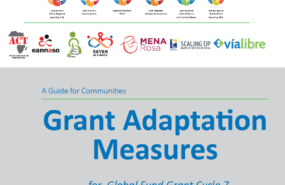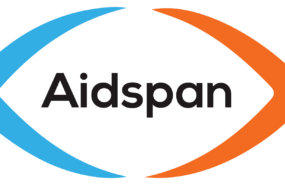Transitioning from health aid: a scoping review of transition readiness assessment tools
- 15.09.2023 09:54
- Post Views: 223
As countries develop economically and see improved health outcomes, they are likely to transition away from reliance on external sources of funding for their health sectors. Transitioning away from external aid may present challenges as countries take on more financial and programmatic responsibility for their domestic health programs. Transitions are a complex process that have the potential to see backsliding, such as disease resurgence, if they are not well managed.
Policies and approaches for guiding transition vary widely across donors. In recent years, several major health donors, such as Gavi, the Vaccine Alliance (Gavi) and the Global Fund to Fight AIDS, Tuberculosis and Malaria (the Global Fund), have developed clear transition policies for when countries will no longer be eligible to receive their support. Other donors use more ad hoc approaches to guide transition decisionmaking. Although donors often determine when aid will end, the transition can also be country-driven (e.g., the “Ghana Beyond Aid” plan).
Various transition readiness assessment tools (TRAs) have been developed in recent years to help support sustainable transition to domestically funded health systems. These tools aim to assess the sustainability of previously or currently donor-funded programs and support the transition planning process by providing a framework for country assessment. Such tools can be used to determine:
- whether a country is ready to transition;
- how transition may affect various aspects of the health, economic, and political system of the country;
- where donor funds may need to be spent to bring a country closer to being transition-ready; and
- if the country can be self-reliant or sustainably develop after transition from donor aid.
This study aimed to identify existing TRAs, as well as their benefits and limitations, and gain a better understanding of the current landscape of such tools. Based on our findings, we provide recommendations on how to further develop existing TRAs to guide transition planning and support the sustainability of health programs and systems in countries transitioning away from external reliance.
Related News
Services for migrants and refugees from Ukraine – HIV/TB care with a focus on key populations
Due to the increasing flows of refugees from Ukraine because of Russia’s invasion of Ukraine, the EECA Regional Platform created a spreadsheet to fill contacts details of face-to-face and online services for refugees and migrants (with a focus on HIV/TB care and key population groups).
Regional Platform – EECA
This web-resource is a part of new regional communication and coordination project “Regional Civil Society and Community Support, Coordination and Communication Platform - EECA”, implemented by Eurasian Harm Reduction Association (EHRA).
Tags
See also
-
Grant Cycle 7 Reprioritization: How can communities prepare? 02.07.2025 12:03
-
Webinar: Using Global Fund's Data for Advocacy 12.06.2025 12:00







